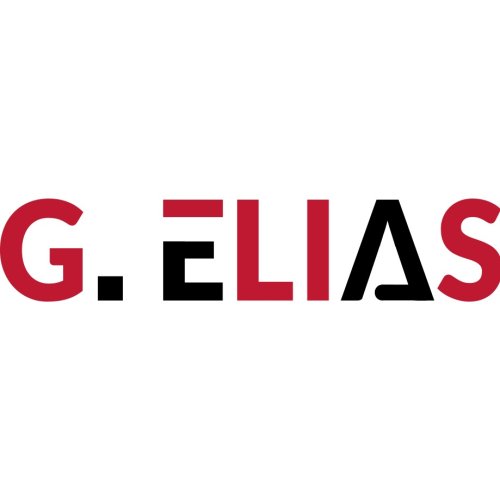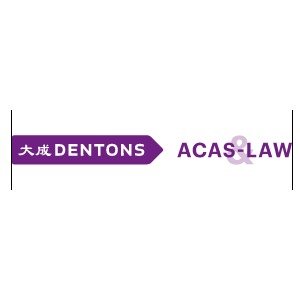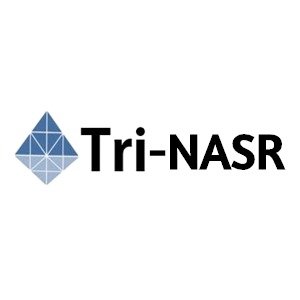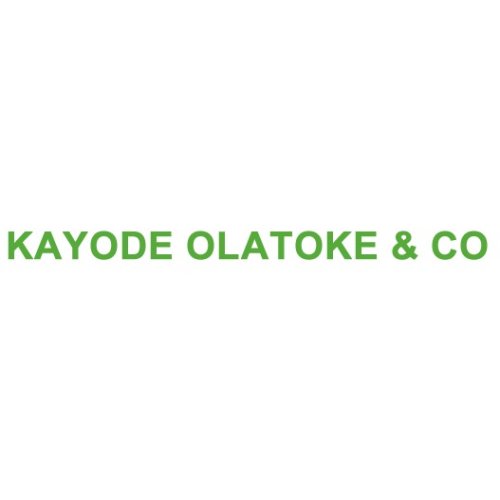Best Equity Capital Markets Lawyers in Abuja
Share your needs with us, get contacted by law firms.
Free. Takes 2 min.
List of the best lawyers in Abuja, Nigeria
About Equity Capital Markets Law in Abuja, Nigeria
Equity Capital Markets (ECM) refer to the sector of the financial market where companies raise capital by issuing shares. In Abuja, Nigeria’s capital, this area holds great significance as it supports business growth, corporate expansion, and investment opportunities. Equity Capital Markets law in Abuja governs how companies can issue shares to the public, the responsibilities of issuers and investors, and the mechanisms to protect market participants. The legal framework involves a mix of federal legislation, regulations from leading agencies, and best practices that steer how Abuja-based businesses participate in share offerings, rights issues, initial public offerings (IPOs), private placements, and related transactions.
Why You May Need a Lawyer
Engaging with Equity Capital Markets in Abuja often involves intricate transactions and compliance requirements. Here are common situations where legal assistance becomes essential:
- Advising companies on regulatory compliance before launching an Initial Public Offering (IPO) or additional share offerings
- Drafting and reviewing prospectuses, shareholder agreements, and other transactional documents related to share issuance
- Guidance on cross-border share transactions
- Resolving disputes among shareholders or between shareholders and issuers
- Interpreting Securities and Exchange Commission (SEC) regulations and other relevant statutory requirements
- Navigating investigation or enforcement actions initiated by financial regulatory agencies
- Ensuring accurate disclosures and protecting against allegations of market manipulation or insider trading
- Structuring private placements or venture capital investments
- Representing investors who believe they have suffered losses due to breaches of equity market regulations
- Assisting in mergers, acquisitions, and takeovers involving share transactions
Local Laws Overview
Equity Capital Markets in Abuja are overseen by a framework of statutes and regulations designed to foster market integrity and investor protection. Key laws include the Investments and Securities Act (ISA) 2007, which is Nigeria’s principal legislation for capital markets activities, and rules issued by the Securities and Exchange Commission (SEC) of Nigeria. The Nigerian Stock Exchange (now known as NGX Exchange Limited) also imposes listing requirements and disclosure obligations on companies. Local legal practitioners need to consider the Central Bank of Nigeria (CBN) regulations for financial institutions and anti-money laundering statutes. These rules collectively set standards for:
- Eligibility and process for public offerings of equity securities
- Content and format of prospectuses
- Reporting and disclosure requirements for public companies
- Shareholder rights and protections
- Insider dealing and market abuse prohibitions
- Approval processes for mergers, acquisitions, and major transactions involving public companies
- Penalties for regulatory breaches or non-compliance
Careful compliance with these laws is crucial for companies and investors in Abuja’s Equity Capital Markets.
Frequently Asked Questions
What is the role of the Securities and Exchange Commission (SEC) in Equity Capital Markets?
The SEC regulates and supervises capital market activities, including monitoring share offerings, ensuring investor protection, and enforcing compliance with securities laws.
Can any company list its shares on the Nigerian Exchange in Abuja?
No, companies must meet specific listing requirements set by the NGX Exchange, including minimum capital, operational history, and regulatory compliance.
What is the difference between an IPO and a private placement?
An IPO is when a company offers its shares to the public for the first time, while a private placement involves selling shares to selected investors without a public offering.
Are foreign investors allowed to participate in Abuja’s Equity Capital Markets?
Yes, foreign investors can participate, but they must comply with relevant laws, including SEC and CBN regulations, especially for cross-border transactions.
What disclosures are companies required to make when issuing shares?
Issuers must provide detailed information about their business, financials, risks, and governance in a prospectus approved by the SEC before offering shares to the public.
What protections exist for minority shareholders?
Nigerian law grants rights to minority shareholders, such as voting on significant corporate decisions and seeking redress for unfair practices.
How long does the process of issuing shares on the exchange usually take?
The timeframe varies based on the readiness of documents, regulatory review, and the company’s compliance status, but it typically spans several months.
What happens if a company breaches capital market regulations?
The SEC may impose sanctions, fines, suspension, or revoke licenses. Affected investors may also pursue legal remedies.
Can disputes between shareholders be resolved out of court?
Yes, disputes can be resolved through alternative dispute resolution methods like arbitration and mediation, often encouraged by regulatory authorities.
How can investors verify if a share offering is legitimate?
Investors should check if the offering is registered with the SEC and the NGX Exchange and consult legal or financial advisors before investing.
Additional Resources
For reliable information and assistance regarding Equity Capital Markets, consider the following Nigerian agencies and organizations:
- Securities and Exchange Commission (SEC) Nigeria
- Nigerian Exchange Group (NGX Exchange Limited)
- Central Bank of Nigeria (CBN)
- Nigerian Investment Promotion Commission (NIPC)
- Corporate Affairs Commission (CAC)
- Nigerian Bar Association (NBA) - Section on Business Law
These entities provide regulatory guidance, investor education, and legal support to market participants.
Next Steps
If you are looking to participate in or resolve issues related to Equity Capital Markets in Abuja, it is advisable to consult with a legal practitioner experienced in capital markets law. To begin:
- Identify your specific needs, including the type of transaction or issue at stake
- Research and contact law firms or lawyers with expertise in equity capital markets
- Gather all relevant documents, such as incorporation papers, transaction agreements, or communications with regulators
- Schedule a consultation to discuss your objectives, risks, and possible solutions
- Follow all legal and regulatory guidance provided by your counsel to ensure compliance and protect your interests
Taking these practical steps will help ensure a smooth and legally sound experience engaging with Equity Capital Markets in Abuja, Nigeria.
Lawzana helps you find the best lawyers and law firms in Abuja through a curated and pre-screened list of qualified legal professionals. Our platform offers rankings and detailed profiles of attorneys and law firms, allowing you to compare based on practice areas, including Equity Capital Markets, experience, and client feedback.
Each profile includes a description of the firm's areas of practice, client reviews, team members and partners, year of establishment, spoken languages, office locations, contact information, social media presence, and any published articles or resources. Most firms on our platform speak English and are experienced in both local and international legal matters.
Get a quote from top-rated law firms in Abuja, Nigeria — quickly, securely, and without unnecessary hassle.
Disclaimer:
The information provided on this page is for general informational purposes only and does not constitute legal advice. While we strive to ensure the accuracy and relevance of the content, legal information may change over time, and interpretations of the law can vary. You should always consult with a qualified legal professional for advice specific to your situation.
We disclaim all liability for actions taken or not taken based on the content of this page. If you believe any information is incorrect or outdated, please contact us, and we will review and update it where appropriate.

















